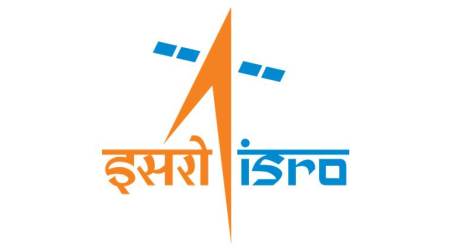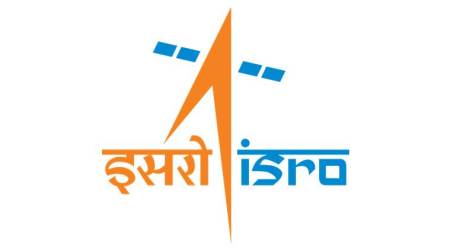 ISRO will launch a new navigation satellite into space on August 31 to replace the IRNSS-1A. (File)
ISRO will launch a new navigation satellite into space on August 31 to replace the IRNSS-1A. (File)
The Indian Space Research Organization (ISRO) will launch a new navigation satellite into space on August 31 to replace the IRNSS-1A in a seven-satellite Indian navigation constellation following the failure of the IRNSS-1A due to deficiencies in three atomic clocks on the satellite that are crucial to providing positional information to users on earth.
The IRNSS-1H, which will replace the IRNSS-1A, will be launched on board ISRO’s work horse rocket the PSLV-C39 and the new satellite “will augment the existing seven satellites of NavIC constellation”, ISRO said on Wednesday.
Earlier this year, ISRO had stated that three Rubidium Atomic Frequency Standard (RAFS) clocks on the IRNSS 1A, the first of the seven IRNSS satellites that was launched on July 1, 2013, had malfunctioned, rendering the satellite ineffective. ISRO had originally indented for nine satellites in its Indian Regional Navigation Satellite System costing Rs 1,420 crore to service the global positioning data needs of the civilian sector and the Indian defence forces. While seven satellites were to form the Navigation Indian Constellation or NavIC, two satellites were meant to be replacements.
The atomic clocks in the new satellite are modified versions of the original clocks provided by an European supplier under a $4 million euro deal which were found deficient. Three similar clocks used in satellites for the European Galileo satellite system also reported similar problems.
ISRO has been carrying out modifications of clocks — procured from the European firm Spectratime — since 2008 to overcome technical issues. Investigations of malfunctioning clocks by the European Space Agency have revealed that a faulty component may be causing short circuits.
One of the primary reasons for the development of the indigenous Indian satellite navigation system like the IRNSS despite the existence of global systems like the Global Positioning System of the US, the Russian GLONASS, the European Galileo and the Chinese Beidou is the reliability that it offers when used for defence purposes. Accurate time keeping lies at the heart of navigation systems since the determination of a person’s position on earth is subject to the accurate calculation of delays in signal transmission from the satellite to earth. Small errors in clocks can skew position data by several hundred kilometres.
On each of the IRNSS satellites there are three atomic clocks, with one acting as the primary time-keeper and the other two being in back-up mode. The failure of all three clocks on a satellite will render the satellite ineffective in providing positional information.
While three atomic clocks have failed on the 18 satellite European Galileo system, no satellite has been lost since the back-up clocks on the satellites have been in operation. “In recent months, a total of three RAFS clocks unexpectedly failed on Galileo satellites — all on Full Operational Capability satellites, the latest Galileo model. These failures seem to have a consistent signature, linked to probable short circuits, and possibly a particular test procedure performed on the ground,” ESA stated in January this year.
ISRO started work on the Rs 1,420 crore IRNSS programme in 1999 after the Kargil war where Indian defence forces could not use American GPS in the conflict zone to locate its soldiers.
The IRNSS positioning system is intended to provide two services — Standard Positioning Service (SPS) for general users and a Restricted Service (RS), which is an encrypted service provided only for authorised users like the defence forces.
NavIC is designed to provide accurate position information service to users in India as well as a region extending up to 1500 km from its boundary.

